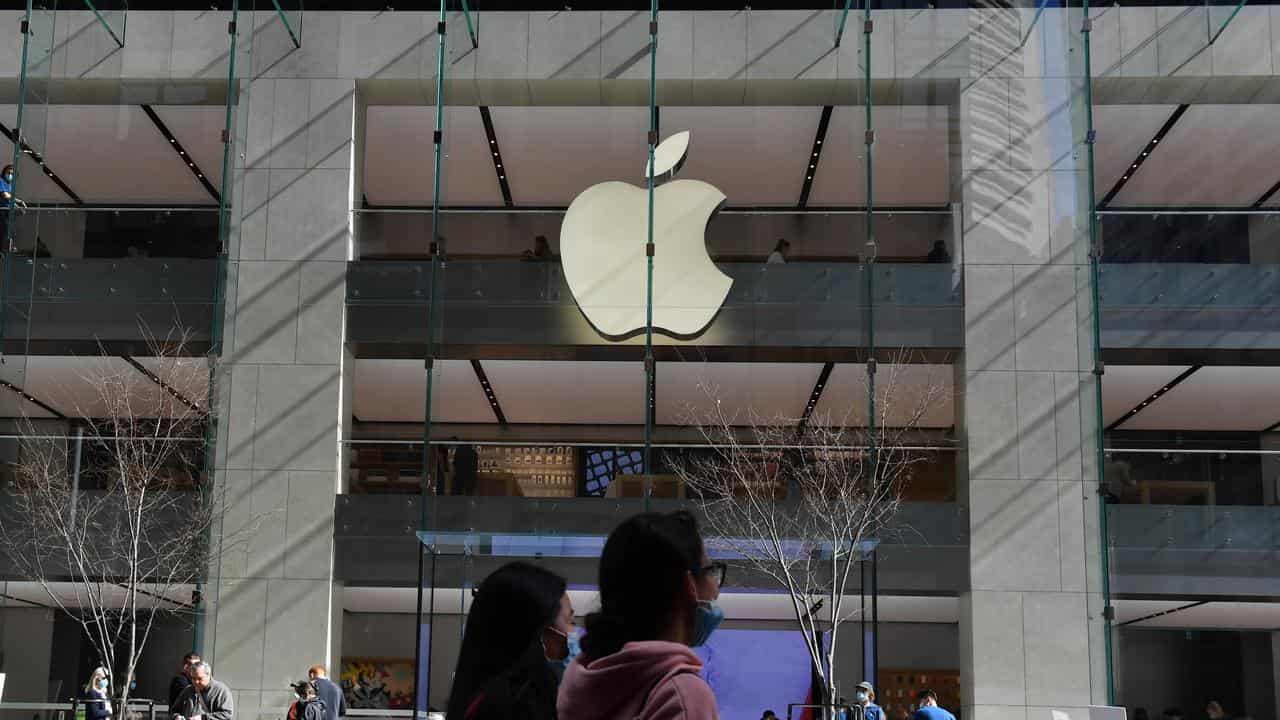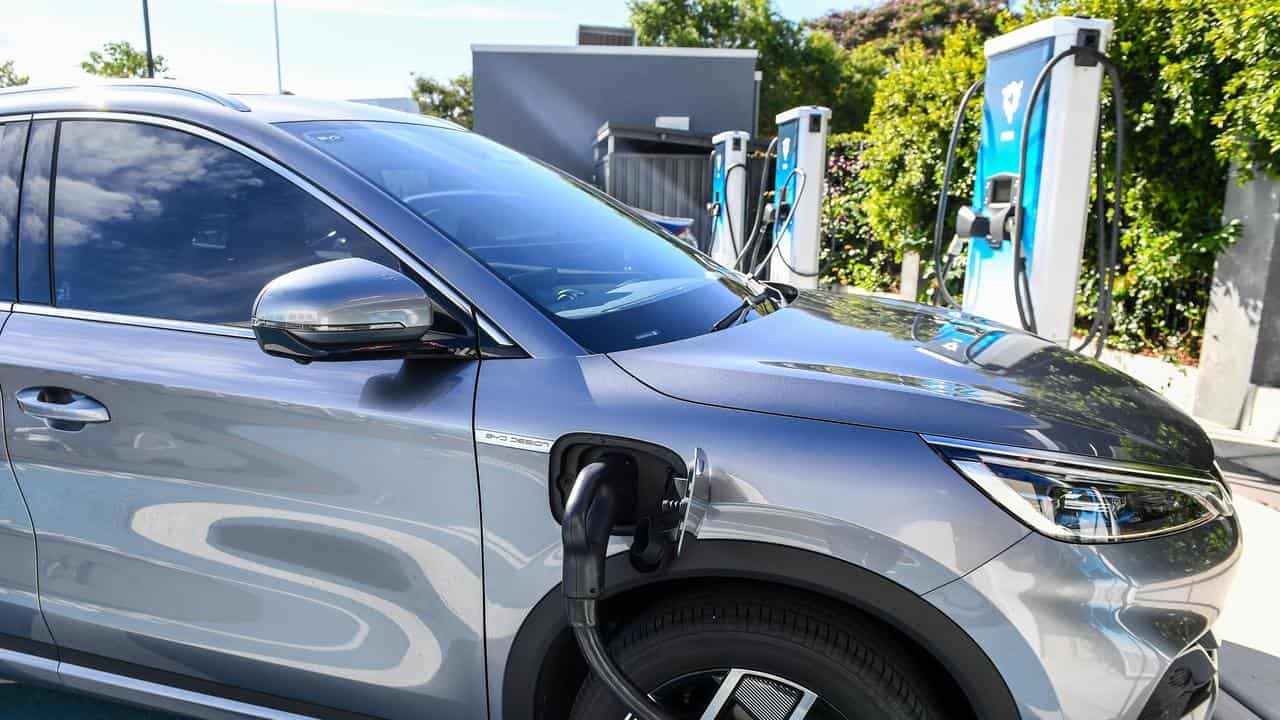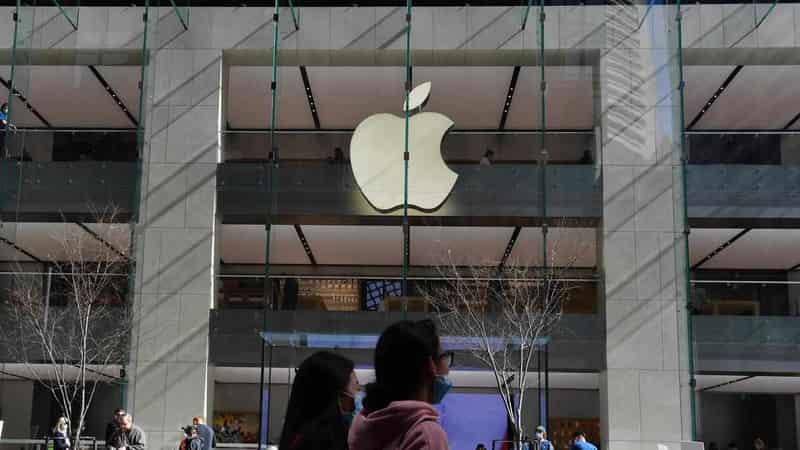
The dream of owning a self-driving electric car made by Apple may be over after reports the tech giant is steering away from the ambitious project.
The US company, which had been working on plans for a technologically advanced vehicle since 2014, revealed its decision to cancel the project to almost 2000 employees on Wednesday, according to a Bloomberg report.
Many of the employees would be reassigned to work in the company’s artificial intelligence division and on generative AI.
But the announcement will be a blow to the automotive industry after rumours about Apple’s project had included plans for self-driving capabilities, software powered by a new chip, and a price tag under $US100,000.

Apple launched research into an electric car in 2014 under the name Project Titan, with initial plans rumoured to include a fully self-driving vehicle with no steering wheel or pedals.
In a 2017 interview, Apple chief executive Tim Cook said the company was “focusing on autonomous systems” and “clearly one purpose of autonomous systems is self-driving cars”.
But plans for Apple’s first car were scaled back over time, with jobs cuts to the project in 2019 and plans evolving to include semi-autonomous features rather than full self-driving, as well as advanced hardware and software integration and a possible launch date of 2028.
Apple chief operating officer Jeff Williams and technology vice-president Kevin Lynch issued the internal staff announcement this week, telling employees that many would be redeployed in the company’s AI teams.
The tech giant has so far remained tight-lipped about plans for AI but in an earnings call earlier this month Mr Cook said there was “a huge opportunity for Apple with gen AI and AI".
Apple Australia has been contacted for comment.
Tesla chief executive Elon Musk reacted to the news about Apple’s car plans with a social media post using salute and cigarette emojis.
Swinburne University future urban mobility professor Hussein Dia said the announcement was recognition that creating self-driving vehicles was a much more difficult challenge than even the biggest tech companies had estimated.
“We will need a substantial breakthrough in artificial intelligence to get to level five (automation),” he said.
“The industry is proving it is not as easy as they thought.”
Level five automation would represent full self-driving in a vehicle, Prof Dia said, while the most advanced Tesla vehicles currently featured level two automation.
Some specialised taxi companies in San Francisco and Arizona had been cleared to use fully autonomous vehicles in limited areas, he said, but a lot more research would be needed before the vehicles would be safe enough for widespread approval.
“There are lessons to be learned from overseas experiments but Australia is conservative in its approach and I don’t think we will rush into public self-driving car trials,” he said.









